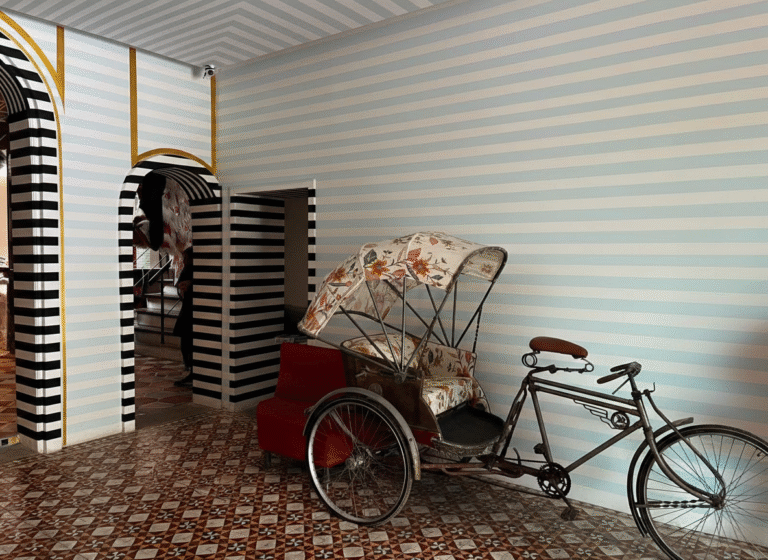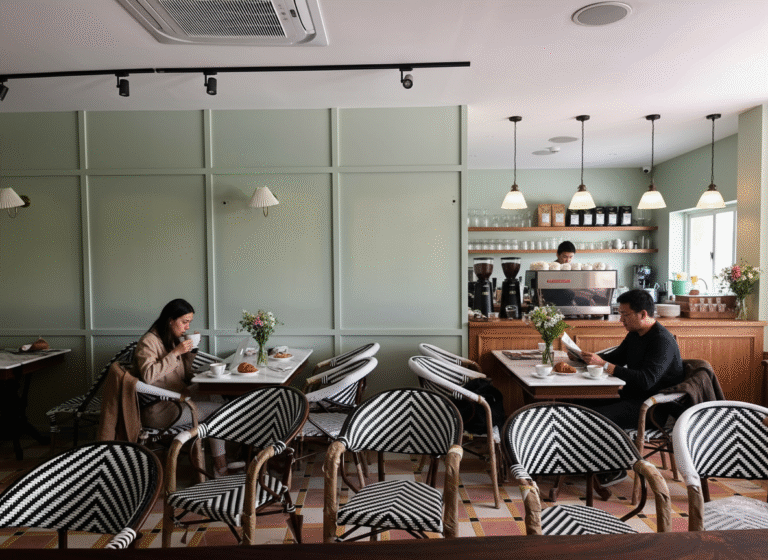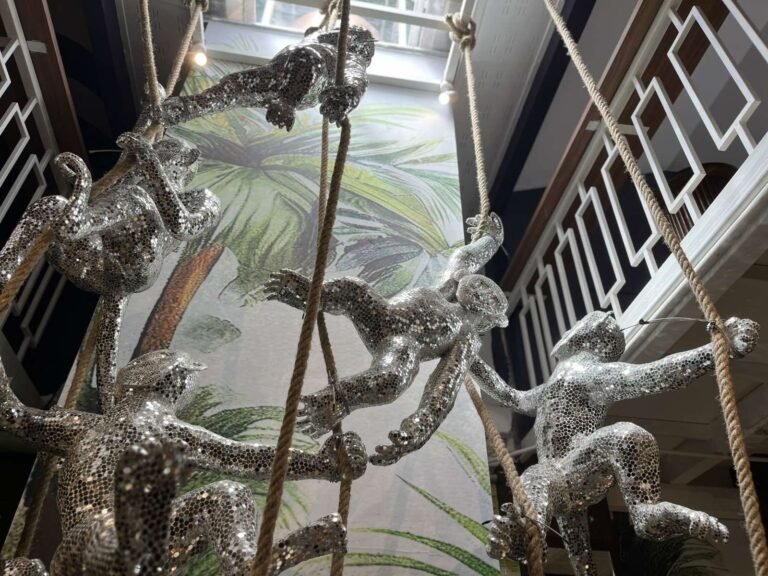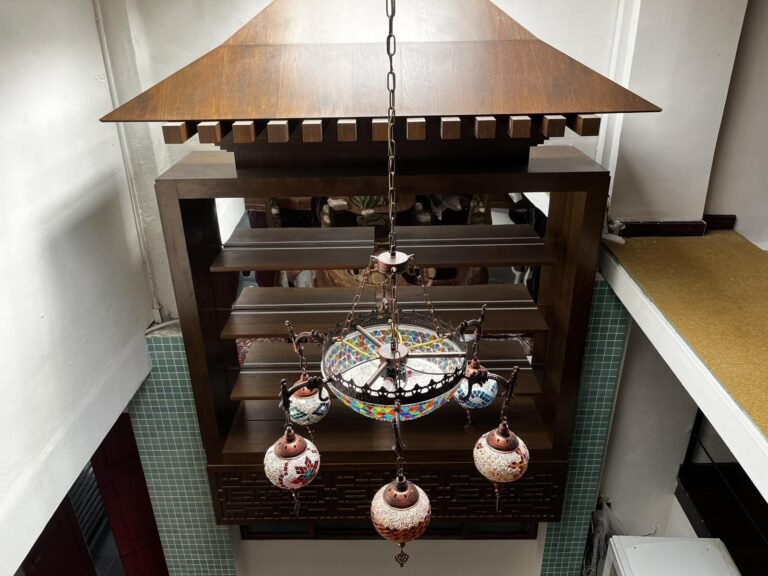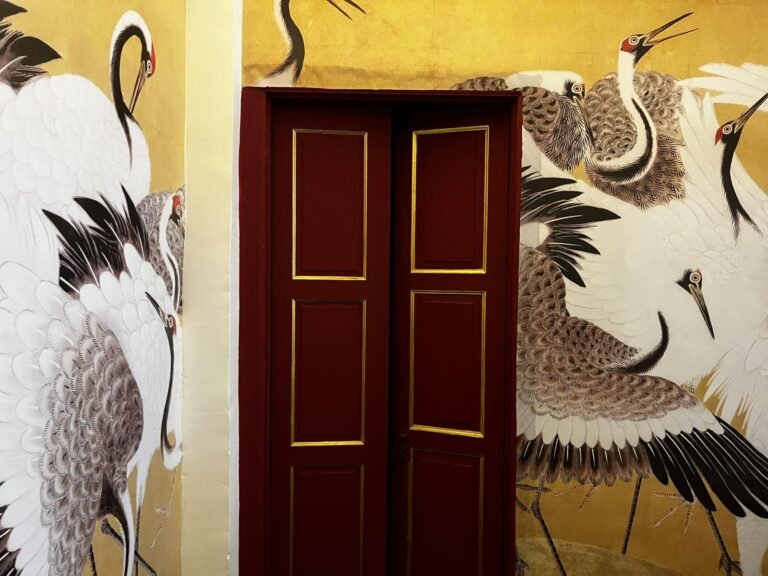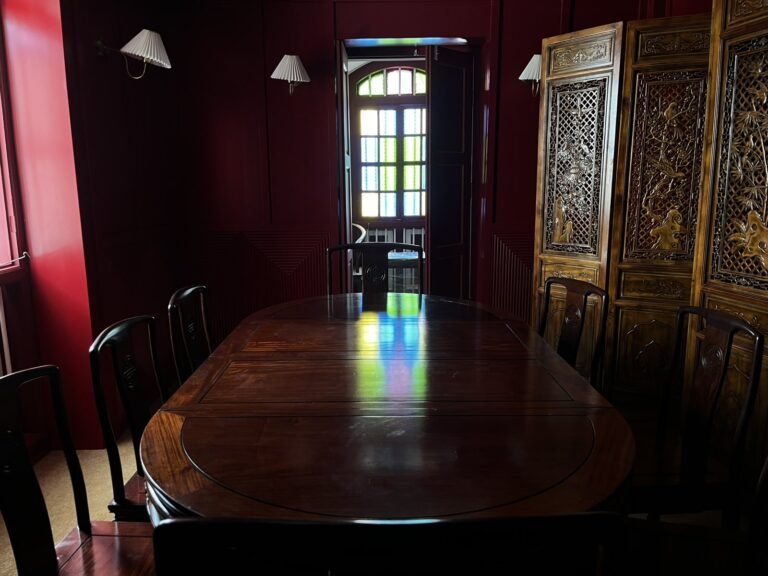A Living Legacy in Phuket’s Old Town
DISCOVER THE HEART OF PERANAKAN HERITAGE
BaBa Mansion is not just a place you visit — it’s a story you step into, where every tile, spice, and shadow carries the soul of a forgotten time.
Baba Mansion - Architecture that breathes time
Tucked in the heart of Phuket Old Town stands a living relic from the Second World War — Baba Mansion, a beautifully preserved structure that transcends time. With its moss- kissed shutters, stuccoed arches, and creaky timber doors, this heritage mansion isn’t just a building; it’s a memory bank, a cultural vault, and a romantic stage.
Once a residential manor, today Baba Mansion transforms history into an
experience — one steeped in Peranakan identity, blending Chinese and Malay ancestry into something uniquely local. The mansion pulses with that soul — from its hand painted tiles to its wooden staircases and latticed windows.
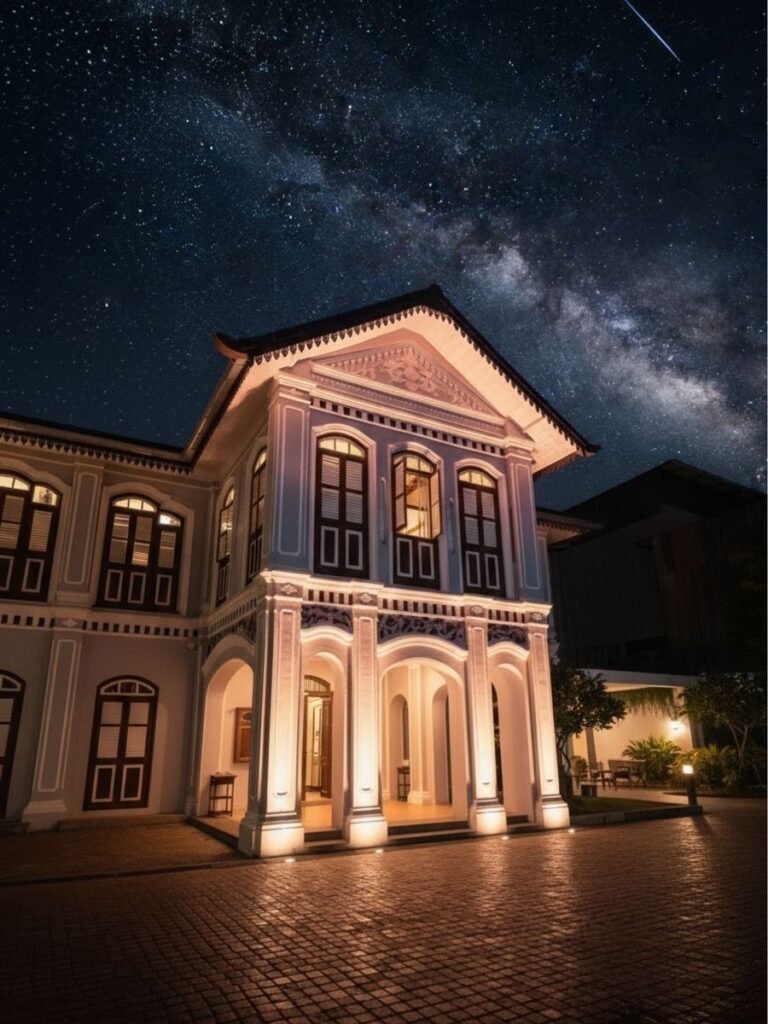
The Heritage Boutique - Take home a story
Located in the heart of Phuket Old Town’s historic district, Baba Mansion offers more than a visit – it’s a passage through time. Whether you’re seeking a peaceful coffee break, an unforgettable dinner, or unique treasures, immerse yourself in the elegance of Peranakan culture.
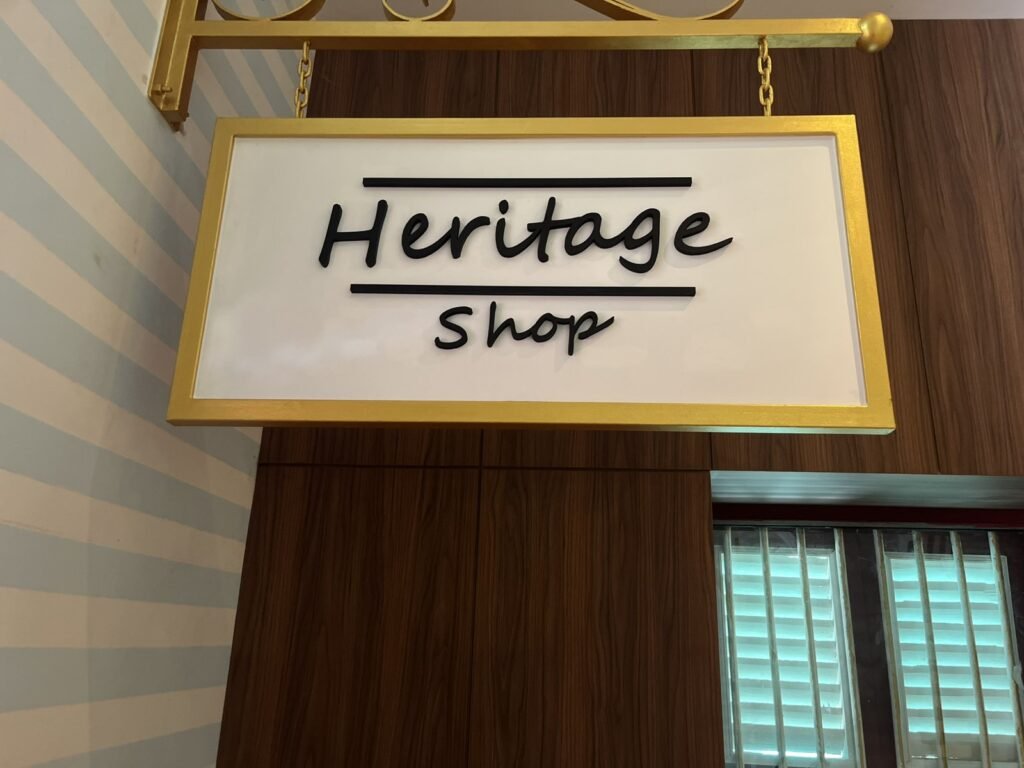
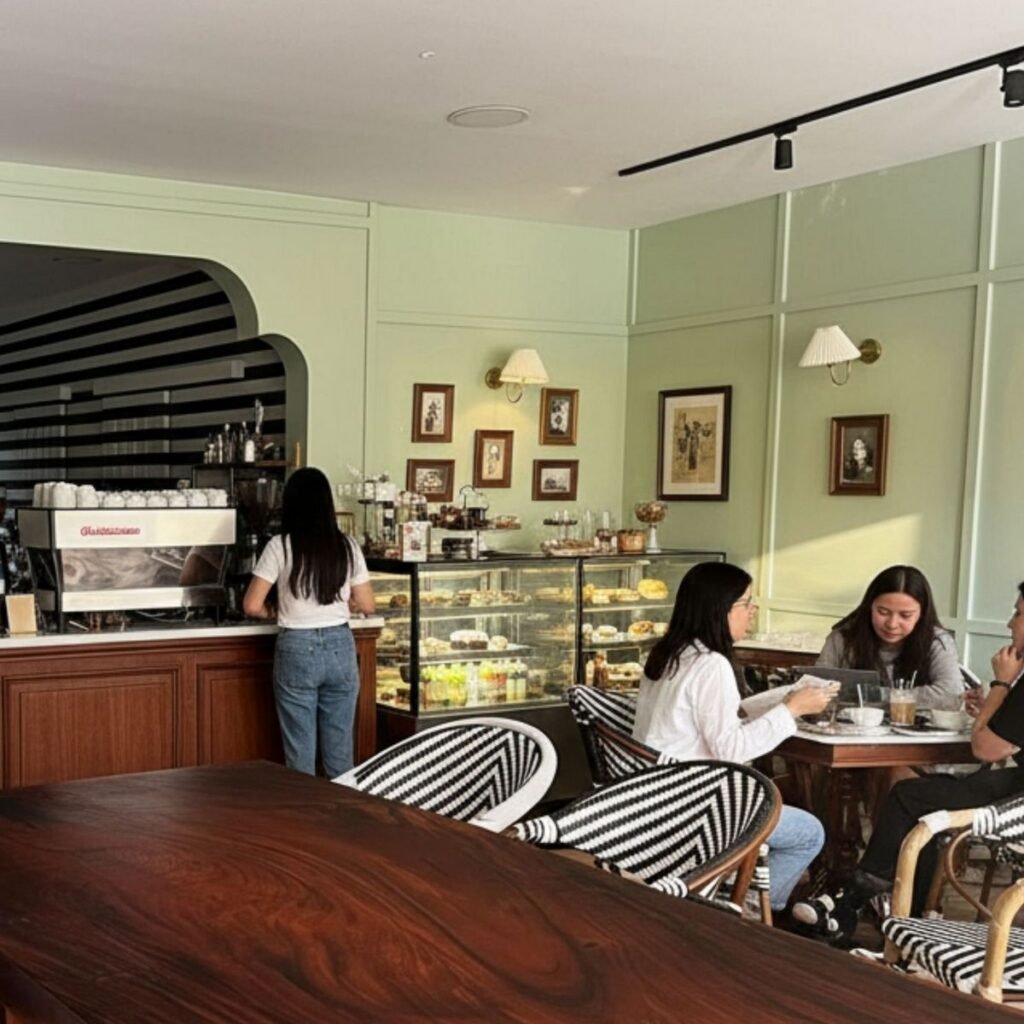
GULA CAFE - The morning soul
Indulge in artisanal coffee and traditional Nyonya sweets beneath hand-painted ceiling beams. Our sunlit courtyard offers the perfect Instagram moment, while our signature Pandan Latte and homemade Kueh selection transport you through generations of flavor.
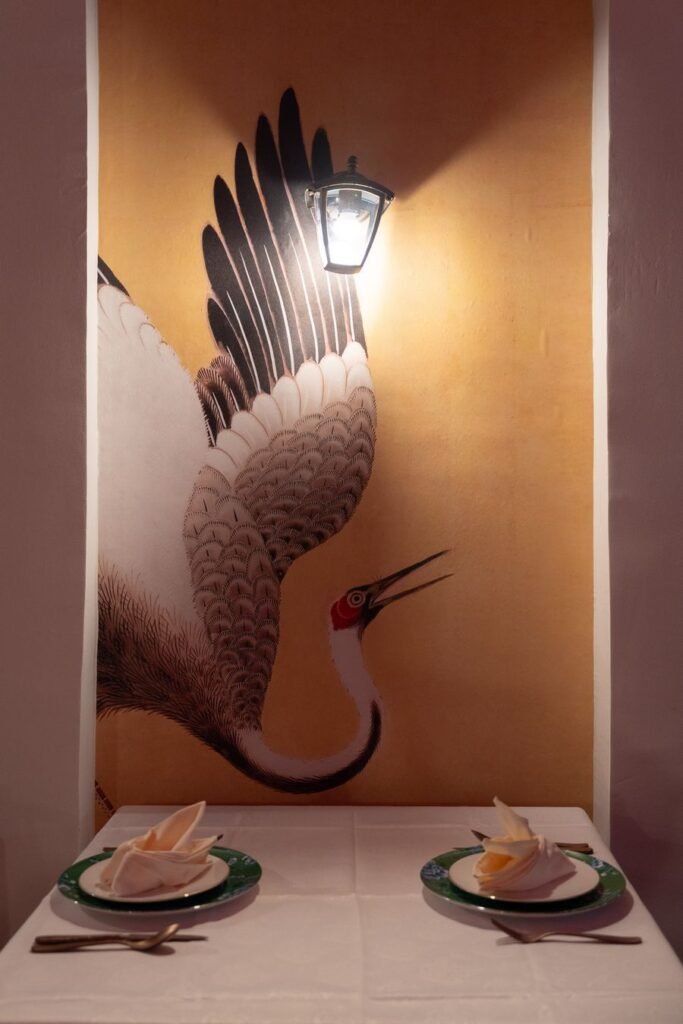
BABA LEE - An evening of culinary excellence
As twilight falls, Baba Mansion transforms into an intimate fine dining destination. Savor reimagined Peranakan cuisine where traditional recipes meet contemporary presentation. Each dish is a masterpiece, served amidst antique furnishings and the gentle glow of vintage chandeliers.
The Peranakan culture
A vibrant fusion of Chinese, Malay, and other Southeast Asian influences, creating a unique heritage that is celebrated for its rich history and artistic expressions.
The word “Peranakan” comes from the Malay language, meaning “locally born.” It refers to the descendants of Chinese immigrants who arrived in Southeast Asia — particularly in Thailand, Malaysia, Singapore, and Indonesia — as early as the 15th century. Many of these settlers married local Malay women, and over time, a unique cultural identity emerged: one that was neither wholly Chinese nor entirely local, but something entirely distinct, refined, and rooted in both worlds.
The Peranakan community, sometimes called Straits Chinese or Baba-Nyonya, developed a rich cultural blend characterized by Chinese traditions, Malay customs, and even subtle influences from European colonial presence, especially in architecture, language, and fashion. This fusion gave rise to a lifestyle of elegance, ritual, and detail The word “Peranakan” comes from the Malay language, meaning “locally born.”
It refers to the descendants of Chinese immigrants who arrived in Southeast Asia —particularly in Thailand, Malaysia, Singapore, and Indonesia — as early as the 15th century. Many of these settlers married local Malay women, and over time, a unique cultural identity emerged: one that was neither wholly Chinese nor entirely local, Peranakan homes were often adorned with elaborate wood carvings, intricate tile work, and pastel-painted facades. Their wardrobes were filled with colorful kebayas (lace blouses worn with batik sarongs), meticulously hand beaded slippers, and heirloom jewelry passed from mother to daughter. Their cuisine — bold, fragrant, and lovingly complex .
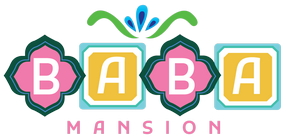
Peranakan Experience in Phuket
The Peranakan Culture: A Blend of Traditions
The Peranakan culture is a vibrant fusion of Chinese, Malay, and other Southeast Asian influences, creating a unique heritage that is celebrated for its rich history and artistic expressions.
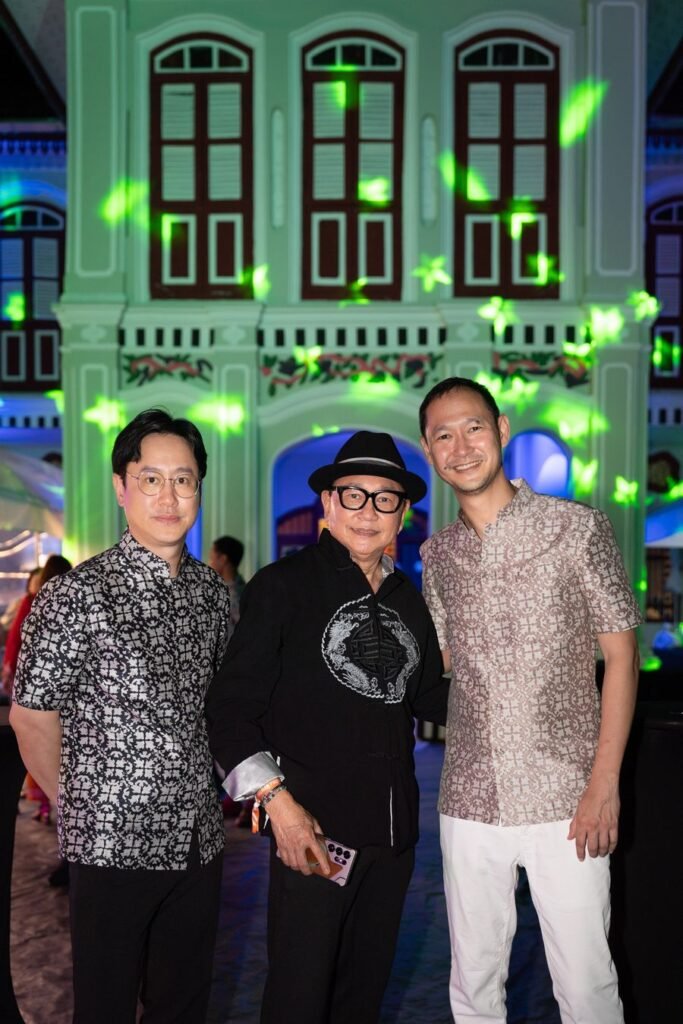
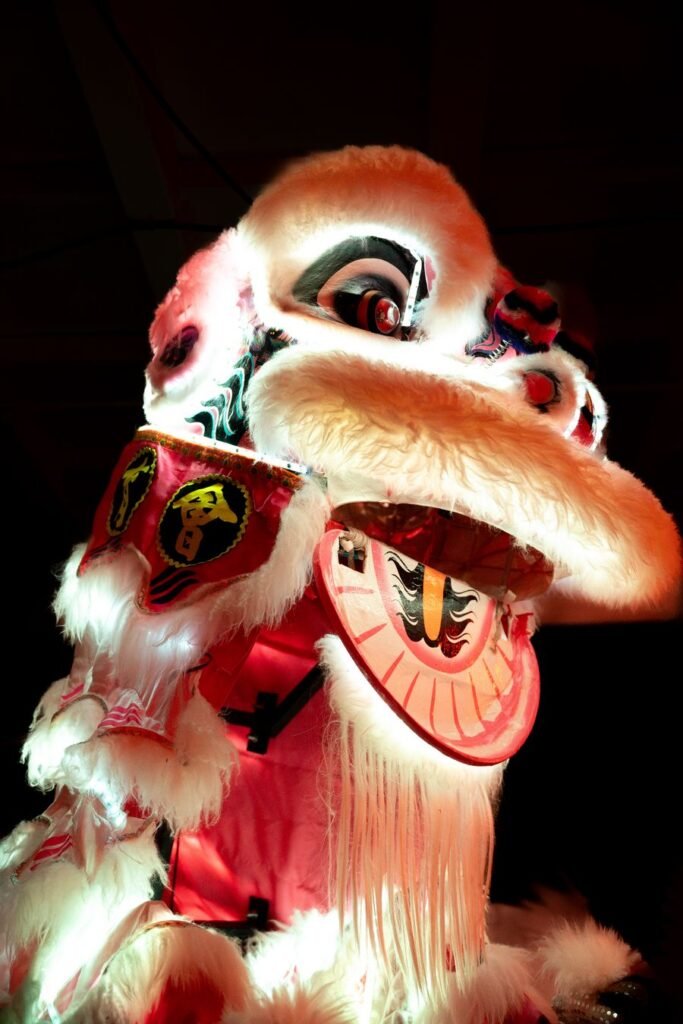
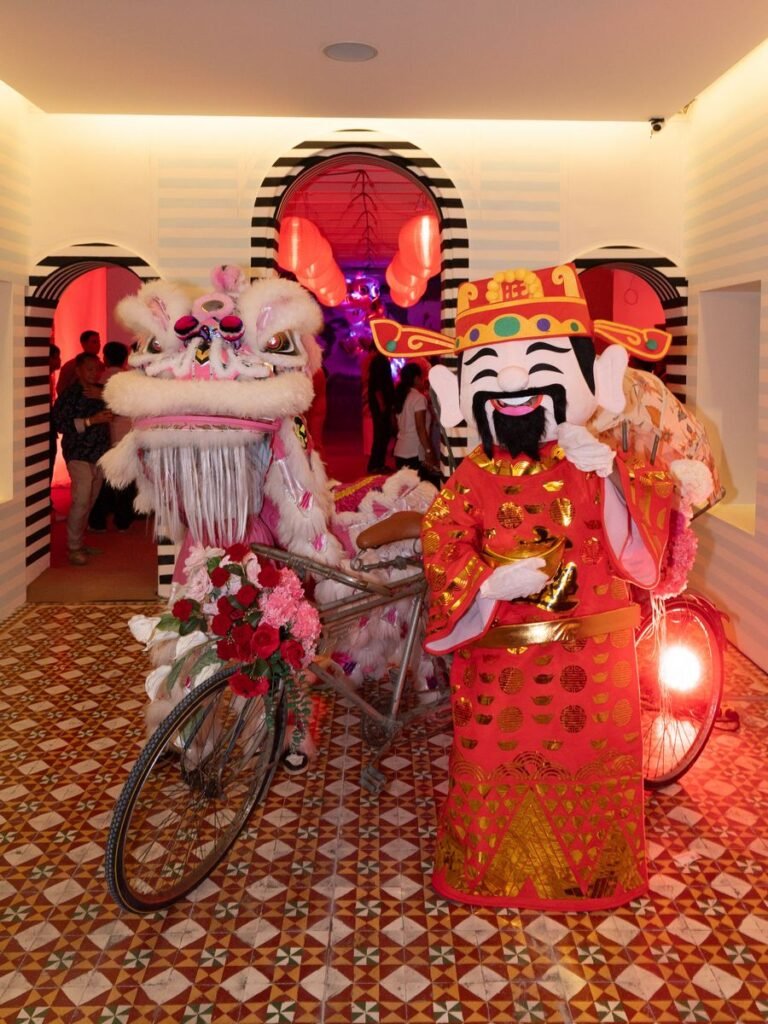
Trustindex verifies that the original source of the review is Google. Tasty foods and great staff !!Posted onTrustindex verifies that the original source of the review is Google. Nice Nyonya food, try the salted fish skin and curry bread! Friendly owner and good service.Posted onTrustindex verifies that the original source of the review is Google. Nice restaurant with great food. Service was great, unfortunate forgot to take pictures of the food, so please try yourself.Posted onTrustindex verifies that the original source of the review is Google. Une très bonne équipe avec un accueil chaleureux qui donne le goût de s'y arrêter!! Ce que j'ai fais avec une amie, avons pris un rafraîchissement dans ce magnifique bâtiment. Belle ambiance!!Posted onTrustindex verifies that the original source of the review is Google. On s est arrêté avec une amie pour prendre un rafraîchissement en pleine visite de la vieille ville. L endroit est somptueux et le personnel vraiment très gentil. Une super pause, je recommande !
Reservation
Telephone Reservations


